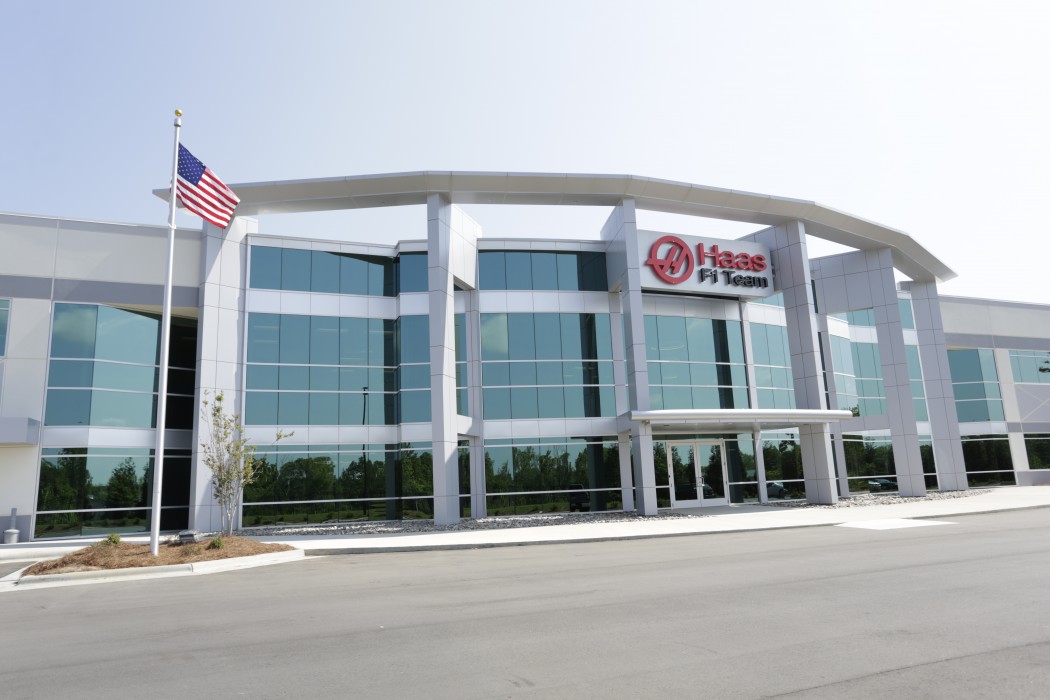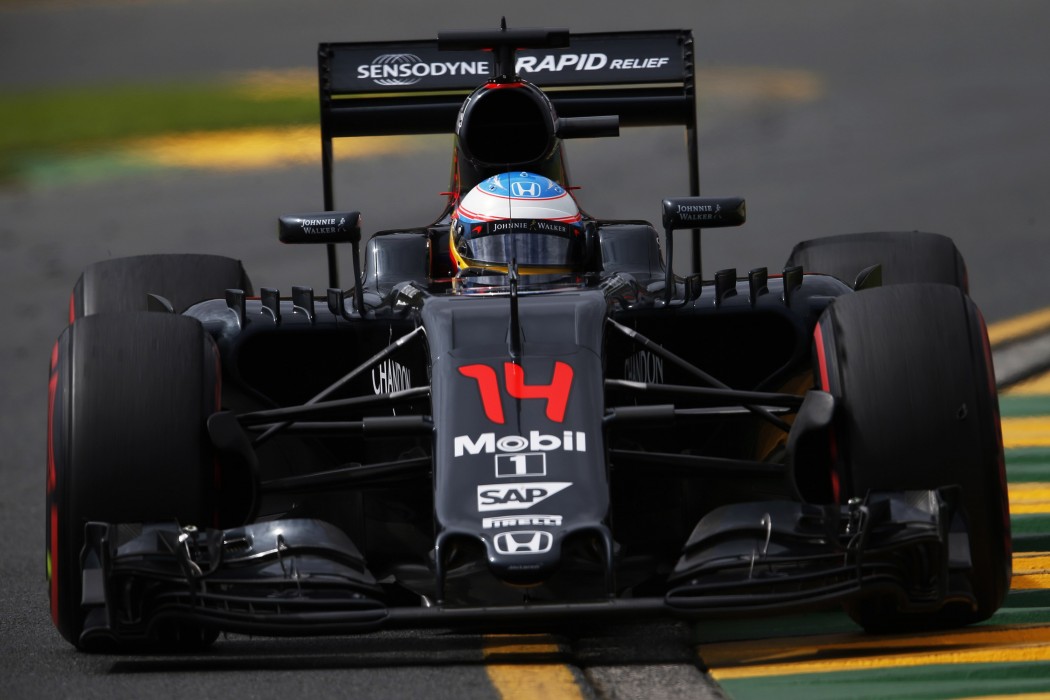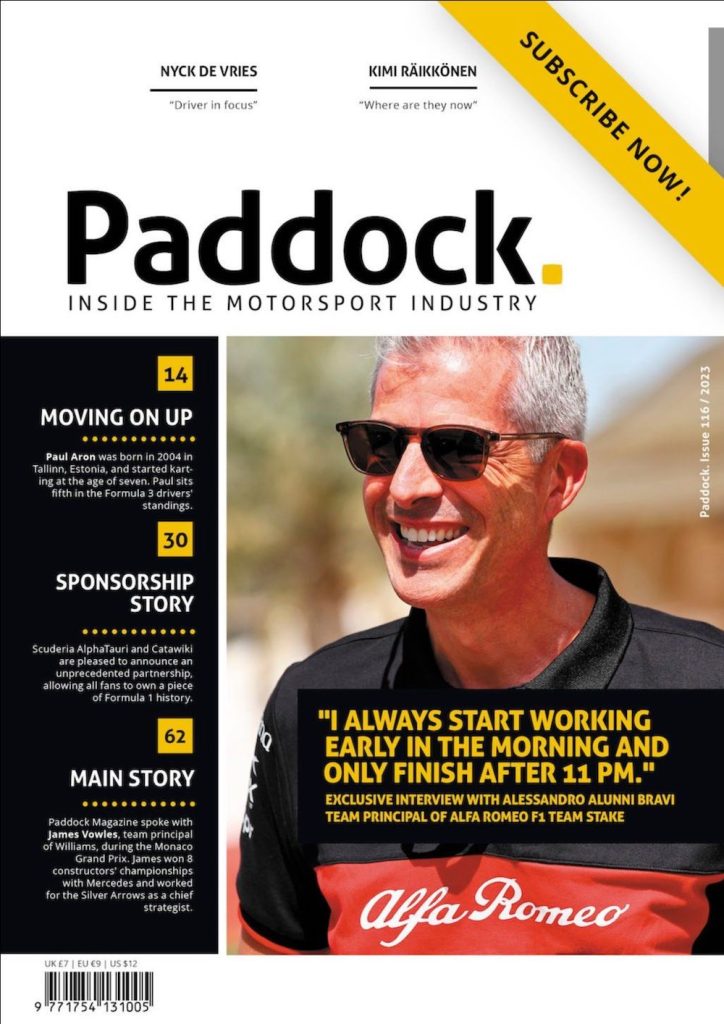We get the chance to speak to a solid businessman and a respected personality in the industry of motorsport, a former professional racing driver and now CEO of CSM Sport & Entertainment, Mr Zak Brown. He’s here to tell us all about getting American fans to engage in Formula 1, finding promising drivers and figuring out the sport’s future strategies.
Today, CSM is one of the world’s leading agencies with an ever growing global presence. They assist governments, brands, federations and governing bodies as well as not-for-profit organisations to evolve and engage through the power of sport and entertainment. Zak Brown became Group CEO in March 2015. Previous to this he played a central role as Group Chief Business Development Officer at CSM since JMI joined the group in October 2013. As founder of CSM agency JMI, Zak Brown is a leading global authority on motorsport marketing.
As a marketer, how would you say the motorsport industry is doing today?
Motorsport globally remains massively popular and encompasses a broad range of fans. In common with every sport it has its challenges – in some forms more than others – but there are real bright spots like Formula E and the WEC that are innovating and laying new ground. The banner forms of the sport; Formula 1 and NASCAR are big and mature, so their core challenges are on continued growth.
In order for F1 to gain popularity in the US, it has to find its spot in people’s heads and hearts among other racing series. How does Formula 1 look to an American racing fan right now and do you think that will change anytime soon?
There are already some great ground pegs for Formula 1 in the US. The race in Austin is a fantastic event, and we need to make sure it stays that way. Beyond that I believe the US needs at least one more race. The key is keeping presence and relevance in a country that has short attention spans and a lot of sport on offer – flying in and out of Texas for a few days once a year will only get you so far. The arrival of the Haas F1 Team this year is absolutely awesome for the sport and also gives another anchor in the ground. A successful US driver is the third side of the triangle.
Flying in and out of Texas for a few days once a year will only get you so far.
As Haas F1 enters the grid and, let’s hope, settles somewhere in midfield or even higher, would there be interest to have another team from the US?
Yes, there definitely would be interest, however Haas F1 Team has done everything really well so far and I am excited to see them hit the grid and lay the foundations in 2016. An additional US team would be fantastic, but let’s focus on seeing Haas establish themselves well first, before we start thinking of a second team.
What could the Formula 1 professionals do to make the sport more popular in the States?
US sports are great at engaging the fan and building lasting loyalty, and engaging the fan is always about access and connecting with them at all touch points. Formula 1 has remained exclusive for some time, however, to build a sustainable fan base in America, it needs to find new and innovative ways to get the fan closer to the experience. Cracking that code would not only enhance Formula 1 in the US, it would certainly help Formula 1 in a global sense.
Ready for the start of Road to Le Mans race @MBrundleF1 on pole @ZBrownCEO #LeMans24 pic.twitter.com/ffei0SKOit
— James Allen (@Jamesallenonf1) June 18, 2016
What’s the current situation of young racing talent from the Americas? How would that compare to the situation in Europe or Asia?
There is lots of racing talent in the US, but talent has to develop in the relevant environment. If you want to be successful in the NFL, for example, you need to be exposed to your peers, whether that’s in college football or the NFL. Formula 1 is no different – American drivers who want to make it in Formula 1 have to race outside the US to break through; the same as if a young driver from Europe or Asia wanted to make it in NASCAR.
I am committed to the long-term health of Formula 1, that will never change for me.
Talking about Formula 1 itself, there are still talks about whether should it keep its exclusivity or be more open to the fans. What’s your take on the prospects of this dilemma?
Building on what I said earlier about access, there is a lot said about how Formula 1 needs to do a better job on social and digital media. It’s not that Formula 1 isn’t on social media or building a presence, the issue is access and giving fans what they want, which is closer and deeper insights into the sport they like. Brands, teams and drivers do a good job with what they have, but I feel we need to rethink how we respond to the changing demand – especially from millennials – on quick, easy access to compelling content.
As an former professional racing driver and a racing fan yourself, do you feel that there’s a lack of interesting personalities in Formula 1 at the moment? What would you say to those who state that modern drivers are boring?
I know many of the drivers and they are great personalities – they are just not necessarily in an environment where they can express themselves for a variety of reasons, but I don’t think the drivers are any less exciting than they were five, 10, 20 or 30 years ago. It’s definitely a challenge for the sport to give them an environment where they can be more open and act in a way that they would like to.
We did a survey at Paddock magazine not long ago, and most motorsport business experts named you among the six most realistic candidates to take Bernie Ecclestone’s place when the time comes. Do you ever think about it?
Well, I love Formula 1. It has been a passion of mine for as long as I can remember. The fact that I am able to contribute to the sport makes me very happy and I don’t ever see that changing. Being CEO of CSM Sport & Entertainment is certainly a demanding and rewarding day job, but I am committed to the long-term health of Formula 1 as well, that will never change for me.












Related Articles